
Rameshwari Devi

Showing all 22 books

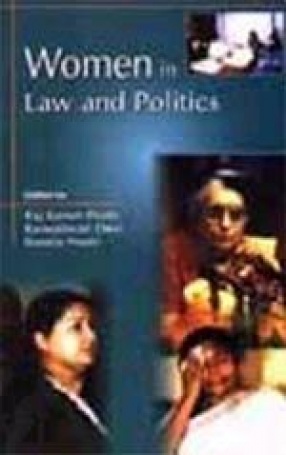

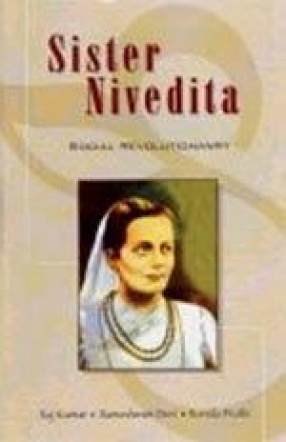
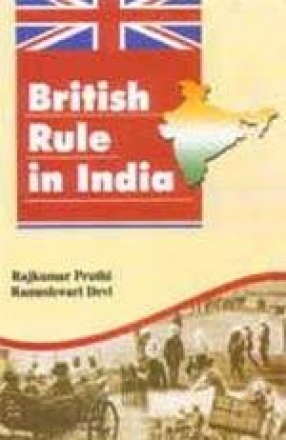
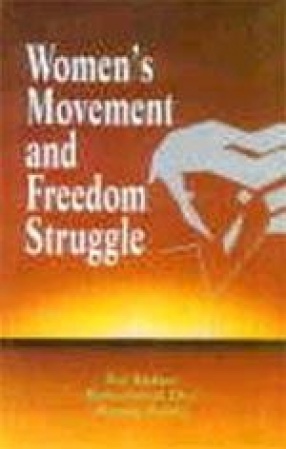
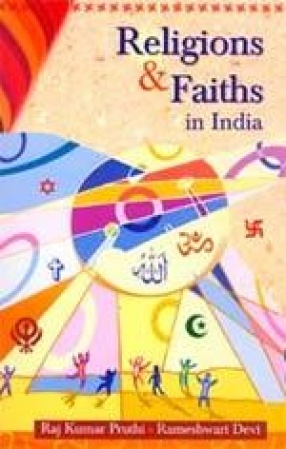
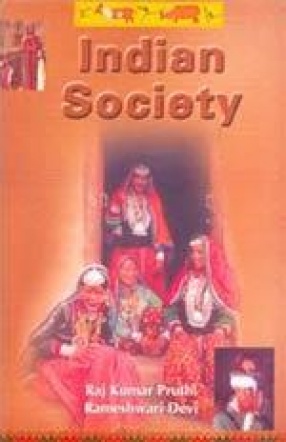
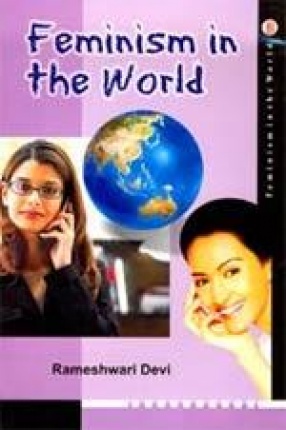
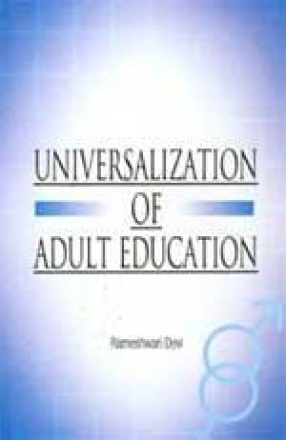
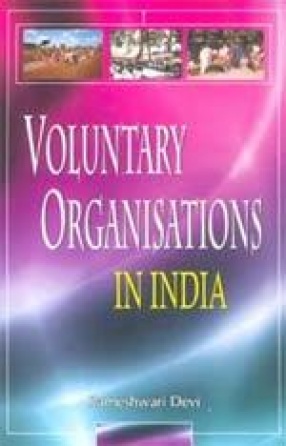



"Women down the ages have always had to demand equal status for themselves in society. This is more so in a traditional set-up like India, where women have forever been a step behind men in deference to the "higher status" of man. The book 'Women in Law & Politics' specifically charts the progress of women, through their trials and tribulations, in their difficult journey demanding equal status in this male-dominated society. This book examines ...

Indian Society, as we see it today, has come through the ages. In this long journey towards development and progress it has transcended ancient, medieval periods and running through to the modern period. During this process of transcendence, the culture and civilisation of each period had great bearing on Indian society. Many civilisations became extinct in this developmental process but their art, archaeology and cultural heritage still remains and reminds us of ...


No reading of India's struggle for freedom can be complete without knowing the role of Sister Nivedita, the Irish revolutionary who took up the cause of India's independence. Highly religious-minded, she was drawn to Swami Vivekananda and the teachings of the Ramakrishna Mission and gave up the land of her birth to become a Brahmacharin—a full fledged follower of the Swami. However, she gave this up too, as the rules of the mission prohibited political activity ...
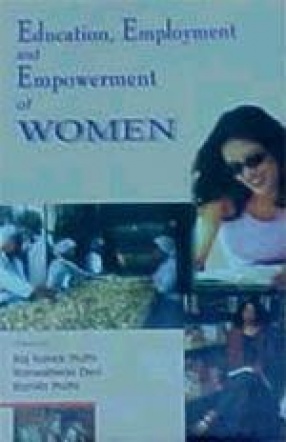
"Education, employment and empowerment are the three vital weapons that have been recognised as powerful tools in ensuring the upliftment of women. There is pressing need for planners and policy makers to understand and encourage the empowerment of the Indian woman. With education comes employment and with this comes economic freedom, upon which the edifice of empowerment is built. Only when this is achieved can we hope for a transformation in the ...
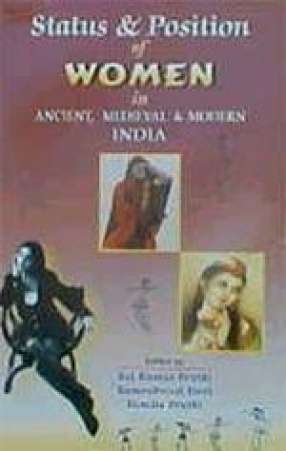
"The Position of Women in India-right from the ancient through medieval to the modern times-has always attracted debate. Some scholars opine that women enjoyed greater freedom in the days of yore, others hold that the opposite is true. Here we have tried to present the facts as they were by quoting extensively from the Puranas and Smrtis. However, as recognised by the editors in this book, women have always been fighting for equal recognition in society. ...

The history of British rule in India and its impact on modern-day life in this country is an important subject for all those interested in the history of India and also students preparing for careers in various administrative sectors. No doubt, much has been written on the subject but it has been widely dispersed. A seeker of information would have to spend considerable time searching for material, procuring it, and then searching for portions of interest to him. ...

This book is the story of an Englishwoman who adopted India as her ‘motherland‘ and worked and lived as a true daughter of the land. So committed was she to the progress and development of India that she did not hesitate for even a moment to call for independence and urge countrymen of the land of her birth to give India its freedom. Her role in India being a proud sovereign nation today cannot be underestimated. She left no stone unturned to achieve her ...
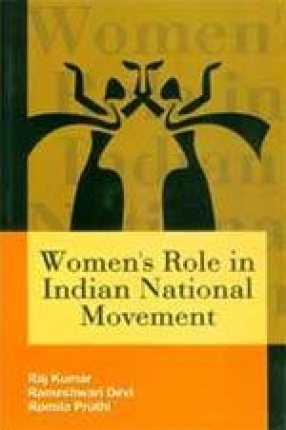
This book is the historical documentation of the women who braved the colonial rulers of India and committed themselves to the fight for the freedom of the country. They were focused on only one goal—the freedom of the country. Annie Besant, Sarojini Naidu, Aruna Asaf Ali, Vijaya Lakshmi Pandit, Madame Bhikaji Cama and Margaret Cousins, who were among the early pioneers of the women’s nationalist movement in India, inspired thousands of other women, and also ...

"During Vedic times, women had full equality in all spheres with men. However, over time, the social system became male-oriented for various reasons, and women found themselves subjugated to the will of the men in the family. This book is an attempt to focus on the long and arduous struggle by women for their rights and for equality. That they were successful to a large extent is the fact that a woman even became the Prime Minister of India. Students of ...
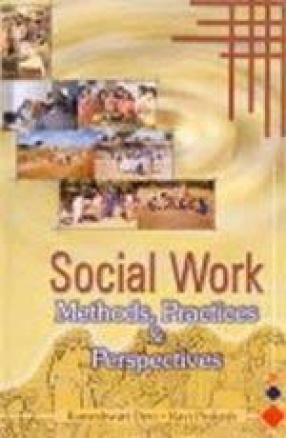
Social work as a professional concept got impetus and acquired great momentum during and after two world wars. Since then it became a popular field for social activists. During the last fifty years many new concepts, tools and techniques have been included in the domain of social work, giving some more or less divisions to the subject. Hence this three volume set of "Social Work : Methods, Practices and Perspectives" is designed and set in accordance ...

Religion is the spiritual aspect of human life and is related with intellect and consciousness. Faith is the first tenet of religion. When this faith in a man grows stronger, he gains the prerogative of knowledge and character. Faith in moral law or conduct generated through a religious medium roots deep in human conscience. When this faith is commonly observed and followed by a community of people it becomes religion. During the period of Indus Valley ...

The peculiar geographical conditions and physical features of India has greatly influenced the course of its history and inhabitants since the pre-historic days. The diversity of the country and society has been the outcome of its vastness and variety in ethnological temperatment of people of different regions. Coming through ancient and medieval periods to modern time it has assimilated divergent cultures and traditions and has emerged as one-in-many political ...

There has and continues to be the assertions, taken seriously, that prostituted labour is the 'oldest profession' on earth, is deplorable but can’t helped, and is in the 'natural order of things'. There is much discussion in feminist circles about the "right to sell one's body if one so chooses", versus "the selling of the woman's body is exploitation and is to be prohibited". These positions both have much to recommend them. Formally ...
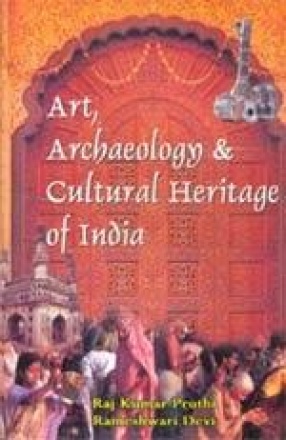
Art is the symbol of the culture to which it belongs, acquiring its style of expression in relation to it. The culture of India was always spiritual and the development of all arts and architecture took place against this background. Indian art, archaeology and culture has undergone various changes through the ages owing to many political, social and religious upheavals. India has a rich treasure of art reflecting its culture and civilization that gives an ...
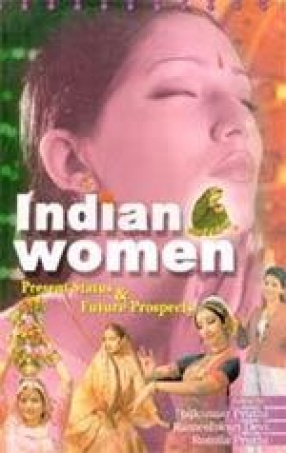
Social structures, cultural norms and value systems have great bearing on social expectations regarding the behaviour of Indian women and determine their roles and position in society. The systems, descent, family and kinship, marriage, religious traditions, education provide the ideology and moral basis for women's notions about their rights and duties. Urbanisation, industrialisation, modernisation and economic aspects such as occupation, education and income ...

Adult education is a continuous process. In a fast changing world, the skills acquired by the service sector people during their educational programme, get obsolete in a very short time. In the developing world a vast majority of the adults is illiterate and without proper skills. It is very essential therefore, to first of all literate those adults and empower them with some skills to enable them to become productive members of the society. In such a ...
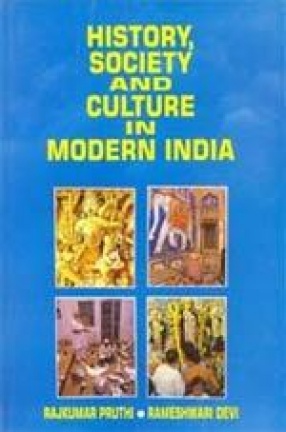
This collection of essays on history, society and culture in modern India is most topical as they deal with social stratification and mobility in India. They emphasise the need to study the ideology. These essays bring out the underlying processes that shape the paradoxical and complex feature of inherently pluralistic society. They also deal with topical and cardinal issues of nation building in India. The traditional social structure has been examined with its ...
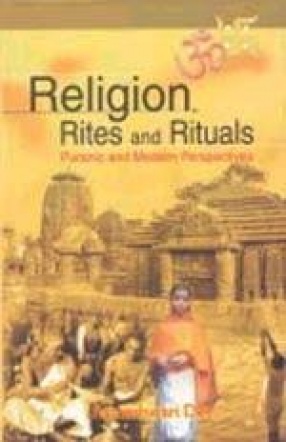
Religion is life orientation for human being. It is the total quest of each human being to work in terms of his/her deep needs and life in community. It is to bring togetherness in various communities and not for clashes among them. Amidst all the conflicts and confusions of our age, world is witnessing emerging outlines of a true spiritual and world religion for overall growth, emancipation and salvation of world community. Religion, Rites and Rituals-Puranic ...

India has a glorious tradition of organizing voluntary work for the common good. In the initial years after independence, the government undertook to implement the development programmes on its own. However, in the later years the government started implementing these development programme through the medium of voluntary organizations. As five year plans also advocated involving voluntary sector in development programmes, there has been a sudden spate in the ...

